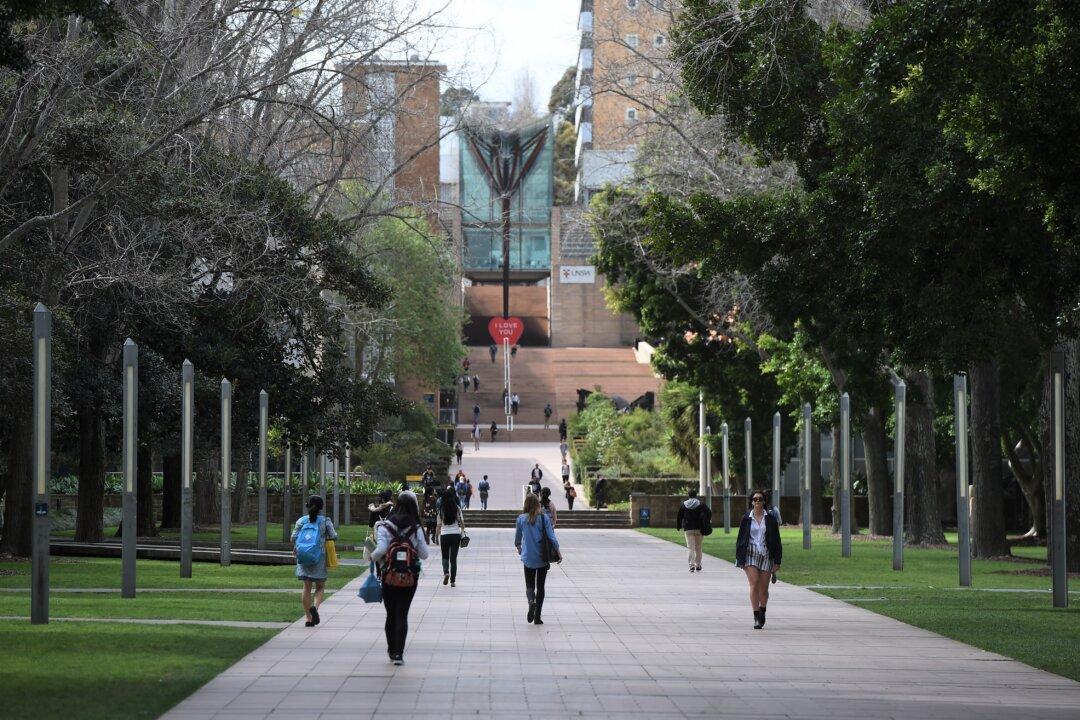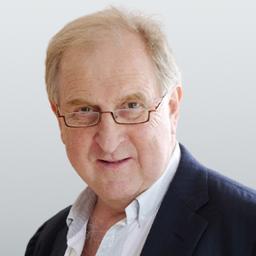Commentary
Universities, as a result of the 60s and 70s cultural revolution and the decision by the cultural left to take the long march through the institutions, have especially been affected by politically correct ideology and wokeness. Such is the dominance of neo-Marxist and postmodern-inspired ideology that left-of-centre academics in a range of subjects dominate departments and faculties across the English-speaking world.

